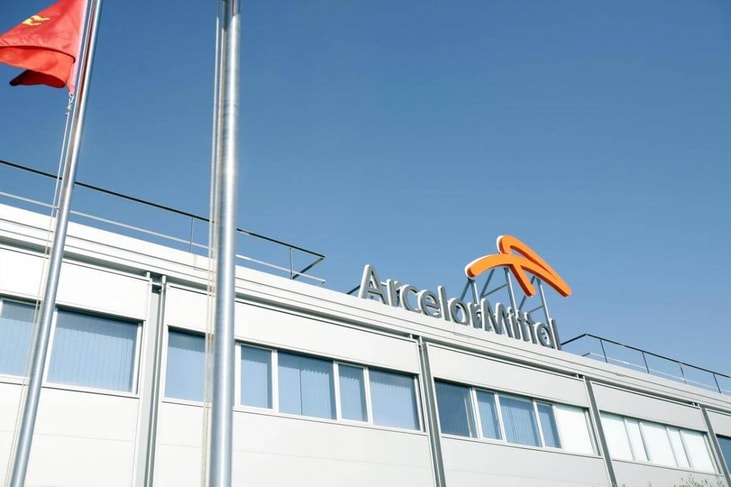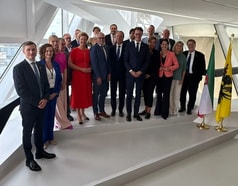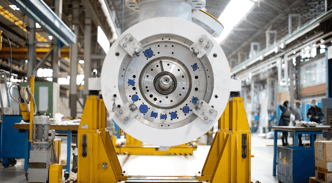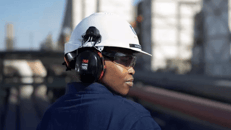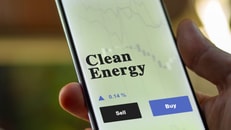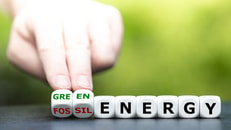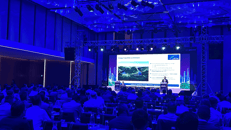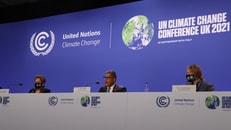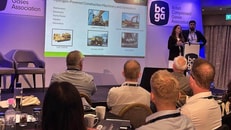Steel giant ArcelorMittal under fire for alleged hydrogen subsidy misuse
The steel giant, which produces emissions equivalent to Belgium’s entire output, had estimated a $10 billion investment by 2030 for decarbonisation, with €3.5bn ($3.7bn) in subsidies already secured to aid its transition.
In Spain, ArcelorMittal secured a significant €450m ($483m) government grant aimed at developing zero-emission, green hydrogen-based steelmaking. However, the company has recently postponed plans to utilise green hydrogen in favour of carbon-intensive fossil gas, despite continuing to benefit from the subsidy.
“ArcelorMittal makes a lot of shiny claims about cleaning up its operations, but it has no right to call itself a climate leader when it secures billions in government subsidies before backtracking on plans to end fossil fuel use,” said Caroline Ashley, Director of Steelwatch.
... to continue reading you must be subscribed

